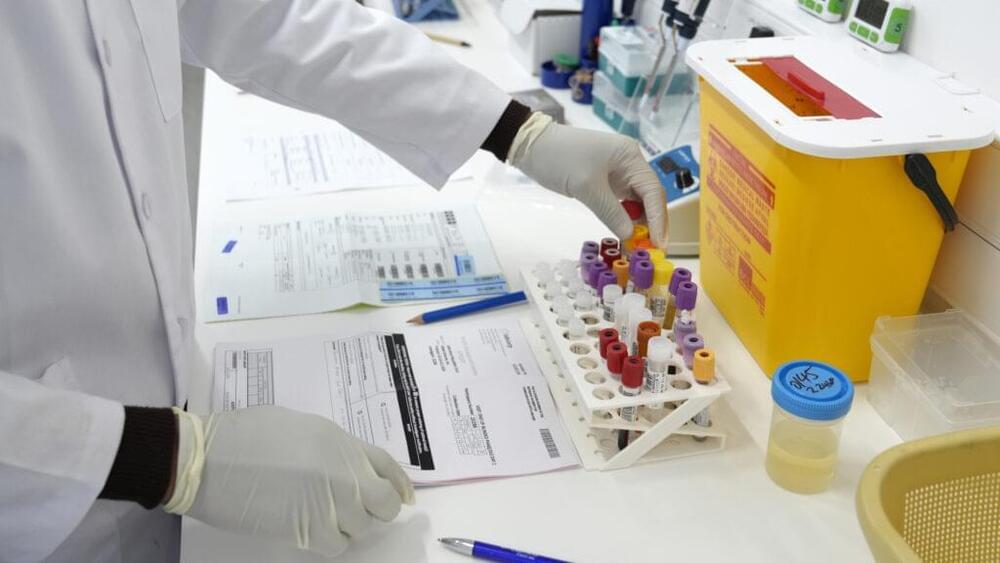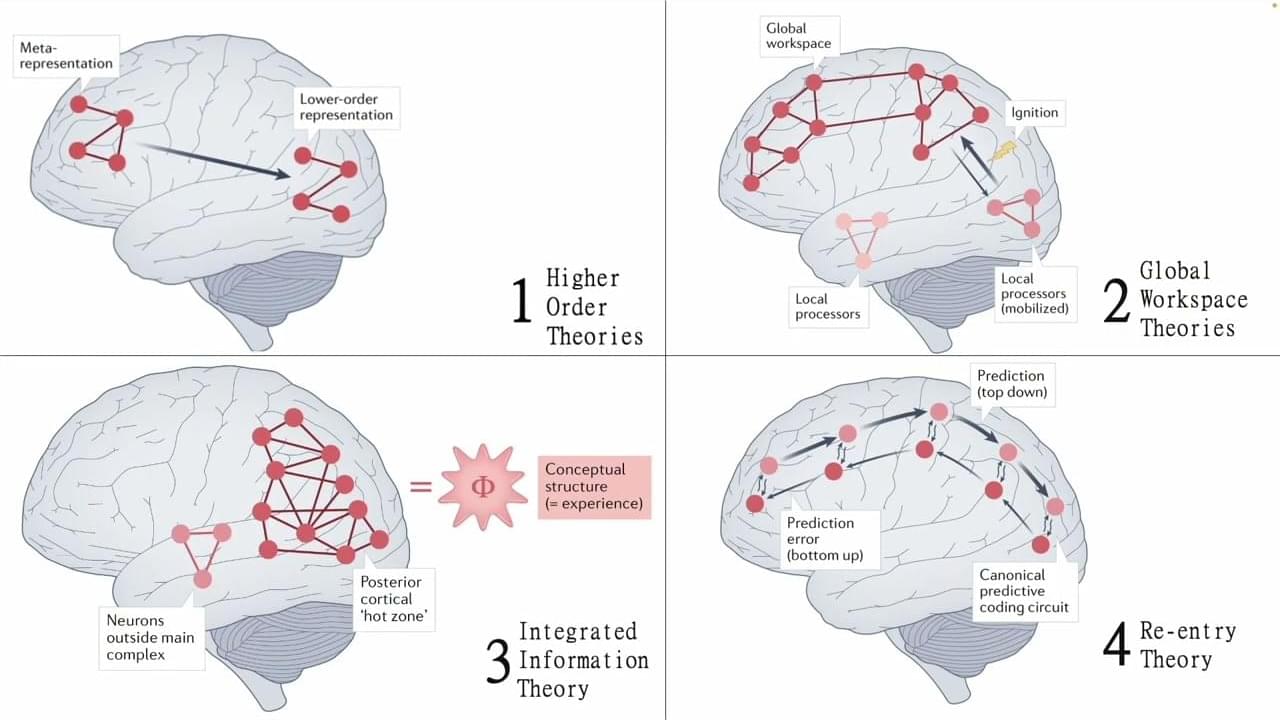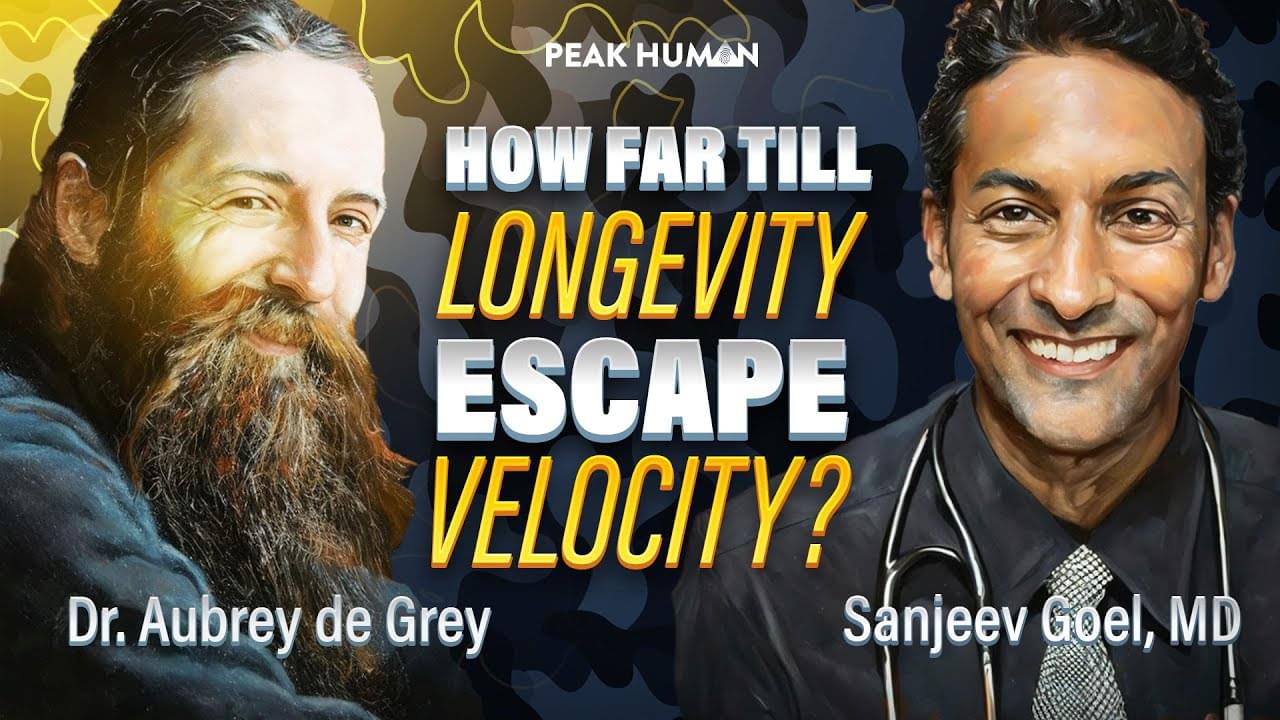
At the recent annual International AIDS Conference, a startling presentation about the newest wonder drug in HIV prevention brought a raucous standing ovation.
But some of us in the public health community are now starting to wonder what all the cheering was about. Although the scientific results were impeccable, the process for translating those results into action for young women in Africa has been left to our imaginations. And if history is any guide, this could be a nightmare.
When the results first came out, Gilead, the manufacturer of lenacapavir, stated it was too early to discuss licensing and offering vague plans about its production and availability in Africa. Just recently, a second study among men who have sex with men and predominantly conducted in the Northern Hemisphere showed similarly promising results. While Gilead now says they have sufficient data to move ahead with licensing and manufacturing worldwide, they have offered no timeline to do so. Urgency to report trial results has not been mirrored by the urgency to provide access. Unanswered questions remain about why another study was needed to move ahead with approvals for use in African women, and if and when lenacapavir will be made available at an affordable price in the African region.
The drug, which has a manufacturing cost estimated at about $40 per year, is currently licensed as an HIV treatment for more than $42,000 per year in the United States. In South Africa, health care expenditures in the public sector are approximately $230 per person per year. Advocates and the study scientists have strongly urged Gilead to make lenacapavir swiftly available in sub-Saharan Africa at an affordable price. But with over 3,000 women infected with HIV each week in the region according to UNAIDS estimates, there is no time to waste.









